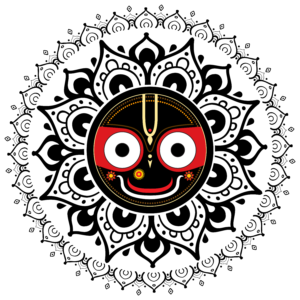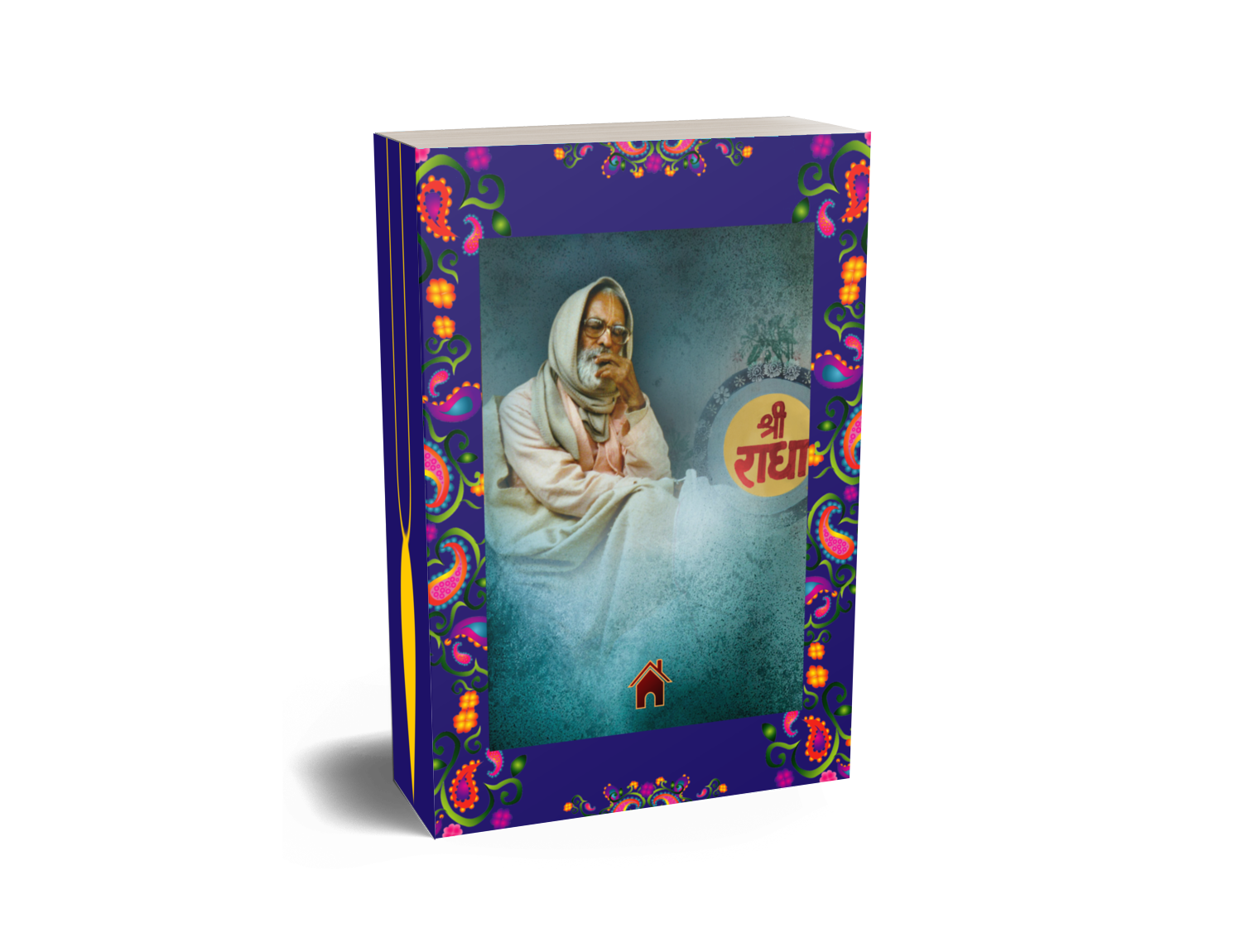

Chapter 4 from the book Śiva-Tattva: Gatekeeper to the Abode of Love by Śrīla Bhaktivedānta Nārāyaṇa Mahārāja
In October of 2001, Śrīla Bhaktivedānta Nārāyaṇa Mahārāja took a party of six hundred pilgrims, including over 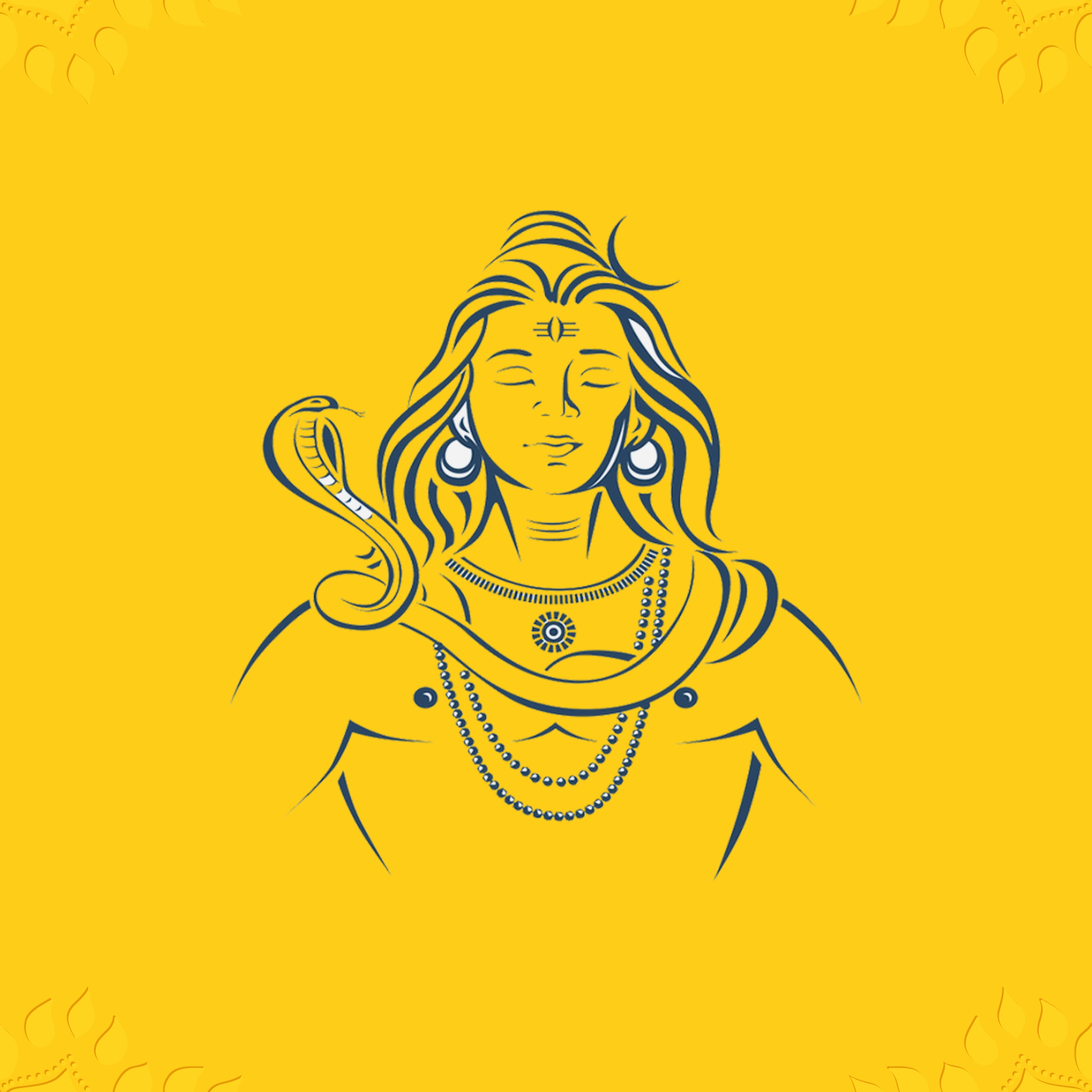 two hundred Westerners, to the sacred and beautiful town of Jagannātha Purī on the east coast of Orissa. One of the many holy sites visited by the pilgrims was the temple of Lord Śiva in his form as Lokanātha Mahādeva. Arriving at the site, the pilgrims passed through a large gate that led to a courtyard. On the right of the courtyard was a beautiful pond; on the left were some shops selling sweets and other items for worship.
two hundred Westerners, to the sacred and beautiful town of Jagannātha Purī on the east coast of Orissa. One of the many holy sites visited by the pilgrims was the temple of Lord Śiva in his form as Lokanātha Mahādeva. Arriving at the site, the pilgrims passed through a large gate that led to a courtyard. On the right of the courtyard was a beautiful pond; on the left were some shops selling sweets and other items for worship.
As is the case with many Indian temples, the management of the temple of Lokanātha Mahādeva did not allow Westerners to enter. Therefore, Śrīla Bhaktivedānta Nārāyaṇa Mahārāja and the Indian devotees went into the temple while the Western devotees waited patiently in the courtyard. After a few minutes, Śrīla Bhaktivedānta Nārāyaṇa Mahārāja came out of the temple alone and sat down on a slab platform in front of one of the little shops. He was immediately surrounded by the Western devotees, eager to hear him speak, and the following is a transcription of his talk:
Lord Śiva is a most exalted devotee of the Supreme Lord Kṛṣṇa. He always faithfully serves Lord Kṛṣṇa and all His incarnations such as Lord Rāma, Lord Nṛsiṁha, Lord Kalki, and Lord Varāha.
In this world, Lord Śiva has five different kinds of manifestations: earth, water, fire, air and ether – of which our 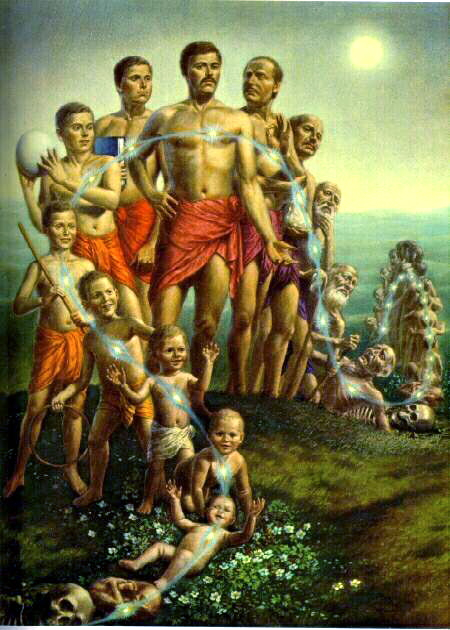 body, the Earth and the universe are made. He is also qualified to personally appear from forms composed of these five elements, to serve his Master.
body, the Earth and the universe are made. He is also qualified to personally appear from forms composed of these five elements, to serve his Master.
You cannot see anything other than these five elements. Now you cannot see the soul, which is yourself. If you develop bhakti, pure loving devotion to Śrī Kṛṣṇa, then you will see Him; and by His light you will see your soul.
We went inside the temple but we simply saw a room full of water, so there was no need to go inside. You are fortunate to be out here at this big pond called Gaurī-kuṇḍa, which is a symbol of Lord Śiva. You can touch this pond, perform ācamana, and you can offer your obeisances here. In Bengal and other places there are also ambu-liṅgas (liṅgas made of water), and Śiva is worshipped in that form.
Indian devotees are fortunate to see the deity and offer ārati (worship), whereas Western devotees are not permitted to enter the temple. Because of this, the Western devotees have an opportunity to come to Lokanātha 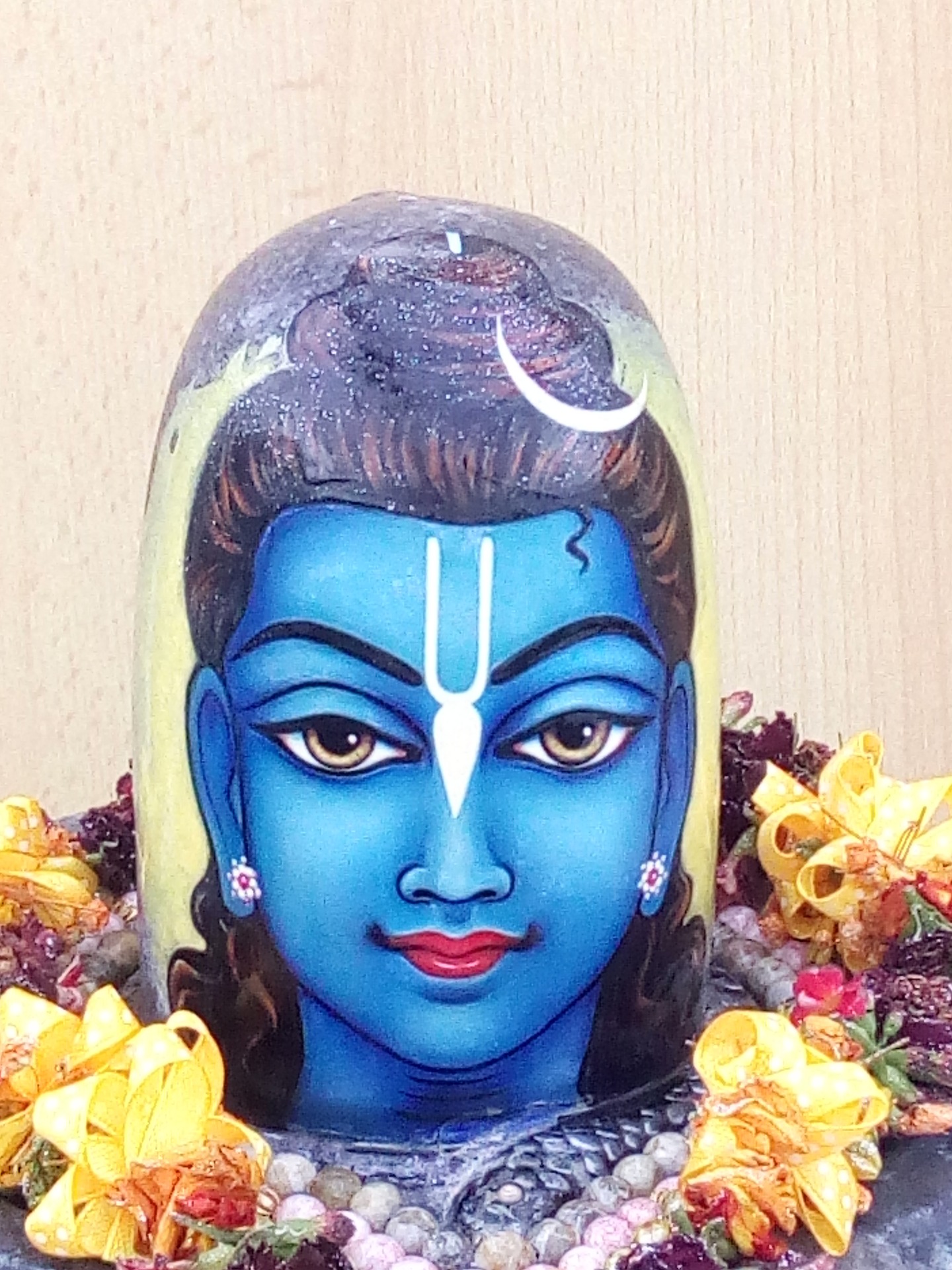 Mahādeva in a mood of great humility – thinking themselves to be very low and fallen. In fact, if they come with this mood, they are even more fortunate than those devotees who went inside. If you are out here crying to Lokanātha – Gopīśvara Mahādeva – praying, “Please be merciful to me,” he will come to you first, and he will sprinkle his mercy upon you. Lord Śiva is a manifestation of Lord Kṛṣṇa, and as such, he is always hungry for love and affection. If you are crying and thinking, “We are very unfortunate,” Lord Kṛṣṇa will personally come to you. He is very merciful, so do not worry that you cannot go inside. You are most lucky.
Mahādeva in a mood of great humility – thinking themselves to be very low and fallen. In fact, if they come with this mood, they are even more fortunate than those devotees who went inside. If you are out here crying to Lokanātha – Gopīśvara Mahādeva – praying, “Please be merciful to me,” he will come to you first, and he will sprinkle his mercy upon you. Lord Śiva is a manifestation of Lord Kṛṣṇa, and as such, he is always hungry for love and affection. If you are crying and thinking, “We are very unfortunate,” Lord Kṛṣṇa will personally come to you. He is very merciful, so do not worry that you cannot go inside. You are most lucky.
Wherever Kṛṣṇa resides, Sadāśiva Viṣṇu is always present. In Mathurā and all other places where there is a temple of Kṛṣṇa or any Viṣṇu Deity, Sadāśiva as Lokanātha or Gopīśvara Mahādeva will be there – to serve the Supreme Lord’s abode. Śiva serves Kṛṣṇa everywhere; he is always in Kailāsa, always in Kāśī, and always in Bhubaneśvara. It seems from a worldly, external vision that he sometimes leaves one place and goes to another, but this is not the real truth.
In his pastimes he shifted from Kailāsa to Kāśī. While in Kāśī he assisted the atheist King Kāśirāja and the king’s friend Pauṇḍraka Vāsudeva, who artificially became four-armed and challenged Lord Kṛṣṇa. In the battle that ensued, Lord Kṛṣṇa severed the heads of both Pauṇḍraka Vāsudeva and the king of Kāśī, who had considered himself one of Lord Śiva’s best servants. The king’s master, however, could not save him when Lord Kṛṣṇa’s Sudarśana cakra burnt down Kāśī.
Seeing his city in flames, Lord Śiva fled. After some time he arrived in Ekāmra-kānana in Bhubaneśvara and 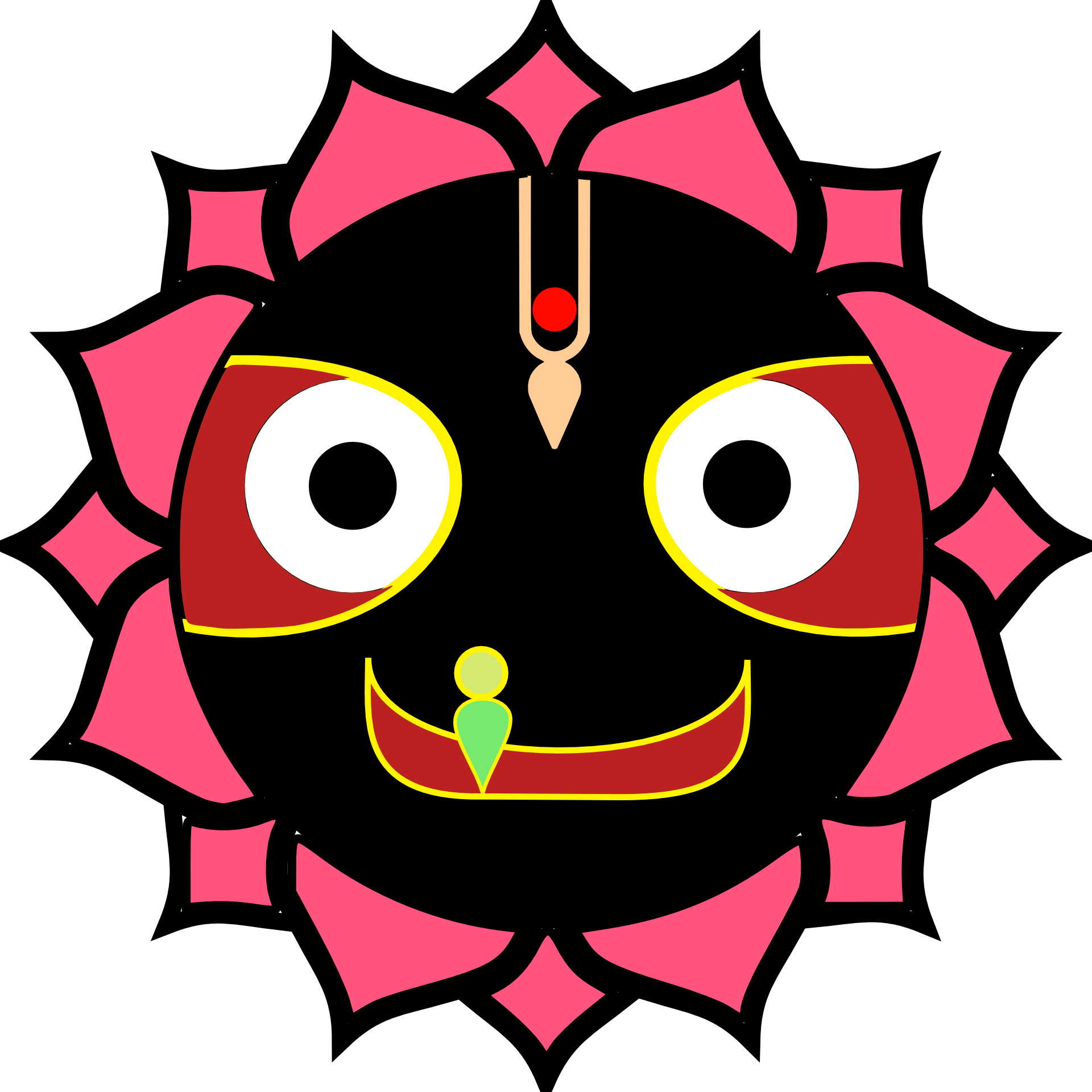 took shelter of Lord Jagannātha. Lord Jagannātha told him, “Never fear. Because you have come under my shelter, I will give you the post of Lokanātha, “the protector of my abode.” If anyone comes to this holy place and takes my transcendental association without taking yours, his coming here will not be complete. He must come to your place after visiting me, and then his mission here will be accomplished and he will become happy.”
took shelter of Lord Jagannātha. Lord Jagannātha told him, “Never fear. Because you have come under my shelter, I will give you the post of Lokanātha, “the protector of my abode.” If anyone comes to this holy place and takes my transcendental association without taking yours, his coming here will not be complete. He must come to your place after visiting me, and then his mission here will be accomplished and he will become happy.”
Lord Śiva is extremely kind by nature, and he is the abode of love. In this regard, Śrīla Viśvanātha Cakravartī Ṭhākura has written (Saṅkalpa-kalpadruma 103):
vṛndāvanāvani-pate! jaya soma soma-maule
sanaka-sanandana-sanātana-nāradeḍya
gopīśvara! vraja-vilāsi-yugāṅghri-padme
prema prayaccha nirupādhi namo namas te
O gatekeeper of Vṛndāvana! O Soma, all glories to you! O you whose forehead is decorated with the moon, and who is worshipable by the sages headed by Sanaka, Sanandana, Sanātana and Nārada! O Gopīśvara! Desiring 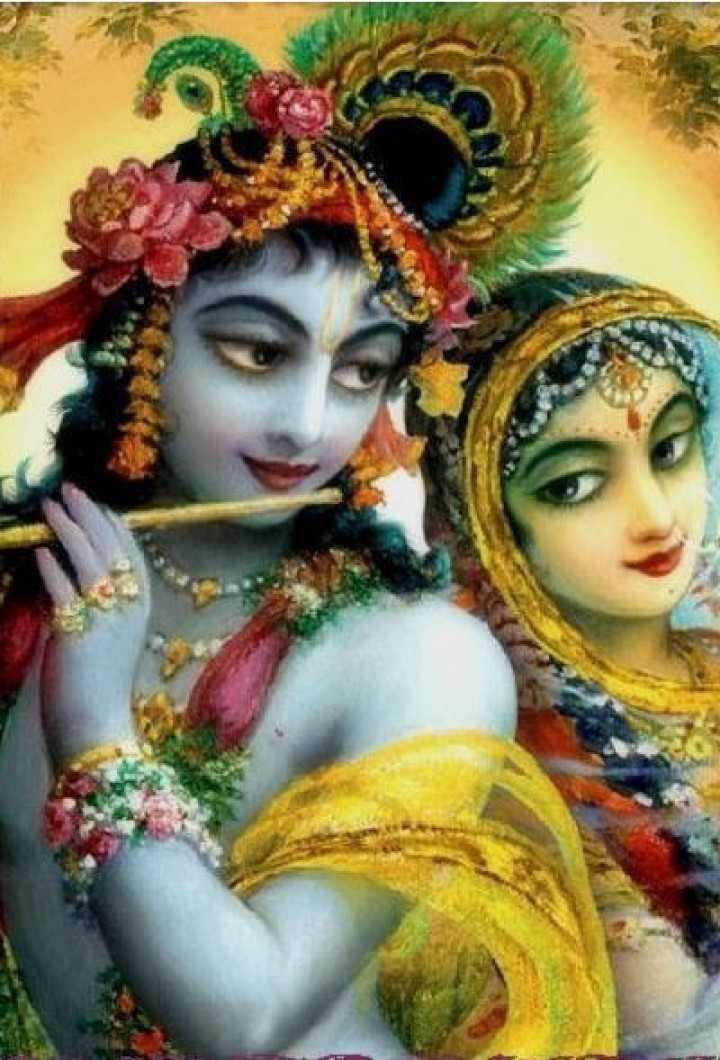 that you bestow upon me prema, divine love for the lotus feet of Śrī Rādhā-Mādhava, who perform joyous pastimes in Vraja-dhāma, I offer obeisances unto you time and again.
that you bestow upon me prema, divine love for the lotus feet of Śrī Rādhā-Mādhava, who perform joyous pastimes in Vraja-dhāma, I offer obeisances unto you time and again.
We pray, “O Lord Śiva, even great personalities like Śrī Nārada Muni and the four Kumāras worship you. You can give love and affection like that of the gopīs. In your purest form of Gopīśvara Mahādeva, you are very powerful. You are hari-hara-eka-ātmā, which means that Kṛṣṇa has become your ātmā and you have become His ātmā.”
Here, ātmā means dearmost or very beloved, so Lord Kṛṣṇa and Lord Śiva are one at heart. Lord Śiva serves the Supreme Lord as Hanuman, as Bhīma, as Madhvācārya, as Advaita Ācārya at the time of Śrī Caitanya Mahāprabhu, and in so many other forms.
We have come here to beg for the mercy of Lokanātha, but personally I don’t see Lokanātha here. I see Gopīśvara Mahādeva, of whom Lokanātha is an expansion.
(Śrīla Bhaktivedānta Nārāyaṇa Mahārāja uttered each half line of the above-mentioned Sanskrit prayer alone, and the assembled pilgrims responded in unison. Then he shared with them its deep and intimate purport.)
Please repeat after me:
We pray, “O Gopīśvara Mahādeva, we have come to you. Here your name is changed. You have manifested as Lokanātha, but we don’t know you as Lokanātha. We only know you as Gopīśvara Mahādeva. You cannot cheat us by hiding from us. You can cheat demons like Rāvaṇa, Kaṁsa, Jarāsandha and others, but you can never cheat us. This is because we have taken shelter of Yogamāyā Paurṇamāsī. If you cheat us, we will have to complain to Paurṇamāsī, and she will ‘punish’ you. Do you remember when all the gopīs slapped your cheeks so much that your cheeks became swollen? Kindly remember this.” *
Pleased by the love expressed in this prayer, Lord Śiva will appear in his form of Gopīśvara Mahādeva. He will be very helpful, and happy to give mercy.
Lokanātha Mahādeva kī jaya!
Śrī Śrī Gopīśvara Mahādeva kī jaya!
Kāmeśvara Mahādeva kī jaya!
Nandīśvara Mahādeva kī jaya!
Cakaleśvara Mahādeva kī jaya!
Pārvatī-pati kī jaya!
Śrī Śrī Śaṅkara kī jaya!
Hara Hara Hara Hara Mahādeva kī jaya!
I have shared something special with you. As you are sitting outside and feeling separation from Lord Śiva, he will surely sprinkle his mercy.
* In his original and most pure form, Śiva is eternally Gopīśvara Mahadeva. Yet, he performed the following 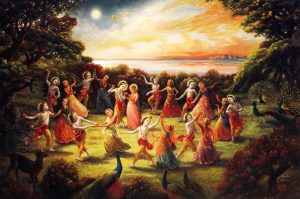 human-like pastime in which he ‘became’ Gopīśvara:
human-like pastime in which he ‘became’ Gopīśvara:
“Lord Śiva wanted to become a gopī. He performed austerities, and when Paurṇamāsī Yogamāyā became pleased and appeared before him, he prayed to join Kṛṣṇa’s rāsa-līlā. Paurṇamāsī mercifully assisted him in dipping in Brahmā-kuṇḍa, and he immediately assumed the form of a teenage gopī. He then went to the place where rāsa-līlā was being performed and hid there in a grove.
“Kṛṣṇa and the gopīs sensed that someone of a different mood had come. They asked each other, ‘Why are you not so happy today? What is the matter?’ After searching, they discovered the new gopī and asked ‘her’, ‘Who are you? What is your name? Who are your parents? What is your husband’s name? Where is your in-laws’ house?’
“When Śiva could not reply, they began to slap her so much that her cheeks became swollen and she began to cry, ‘Yogamāyā, Yogamāyā. Save me. I will never again come to Vṛndāvana, and I will never dare take part in rāsa-līlā.’ Paurṇamāsī arrived, and she requested the gopīs to show Lord Śiva mercy. ‘She is the object of my mercy,’ Paurṇamāsī told them. The gopīs then accepted her as a gopī and Kṛṣṇa named her Gopīśvara (she whose īśvaras, controllers, are the gopīs). He blessed her to become the guard of the rāsa-līlā and said, ‘Without the sanction of Gopīśvara, no one will be able to enter the rāsa-līlā.’ ” (Pinnacle of Devotion)
Source: Purebhakti.com
Image(s) made possible by Pixabay.com, Krishnapath.org and/or Bhaktiart.net
Unless indicated differently, all verse translations and quotes are from the books by Śrīla Prabhupāda (Vedabase.com)